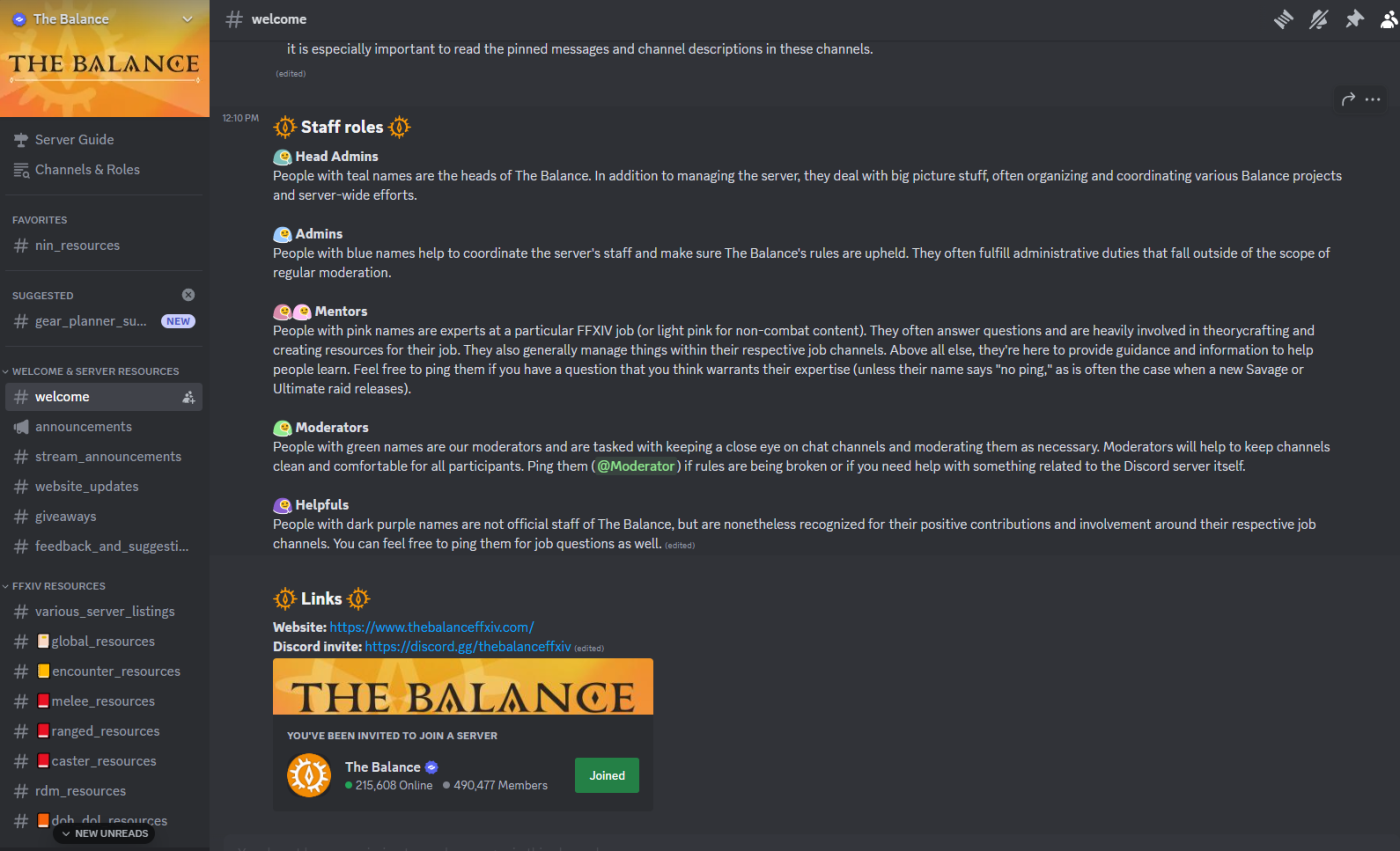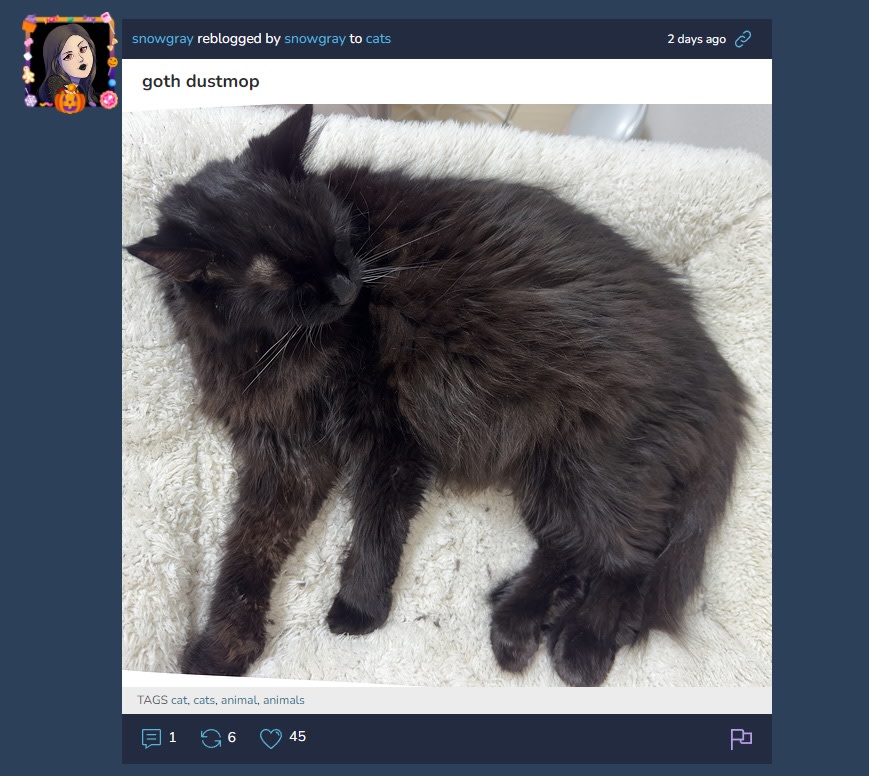Changes in Twitter leadership and moderation in late 2022 made many users—myself included—reconsider using it. Now called X, the platform continues to make controversial updates, like allowing blocked users to see your posts.
But Twitter has a history of being an internet staple, and it dominated for so long that it can be hard to find an equivalent. If you’re looking for a Twitter alternative, here’s a list of some of the most viable picks.
The 8 best alternatives to Twitter
The best Twitter alternatives at a glance
These are the seven social media channels out there that are worth trying as alternatives to Twitter.
Just keep in mind that many direct Twitter alternatives follow new internet trends, where flexibility and community matter much more. So while these are great channels to try, they won’t necessarily be a one-to-one replacement.
|
Best for |
Standout feature |
|
|---|---|---|
|
Organic interactions |
Part of a federated network with nine other social media apps |
|
|
A Twitter clone |
Custom feed curation |
|
|
Facebook and Instagram users |
Posts displayed to your Facebook and Instagram friends |
|
|
Businesses and professionals |
Built-in job postings |
|
|
Nurturing your interests |
Niche information you can’t always find on other platforms |
|
|
Fostering community |
Easy-to-set-up communities |
|
|
Newsletter fans |
Automatic Notes for newsletters you follow |
|
|
Longer-form content |
Strong privacy settings for every post |
The best Twitter alternative for organic interactions
Mastodon
Mastodon pros:
Mastodon cons:
Sporting a recent major update, Mastodon is one of the biggest direct Twitter competitors with more than 15 million users. This sizeable user base, combined with a chronological feed, allows for the organic interactions we got before algorithms became popular.
Mastodon is also part of the Fediverse, a federation of social media platforms, which means you can cross-post and read content across Fediverse platforms in Mastodon.
A couple watchouts: First, Mastodon can have a slight learning curve as you get to know its servers and tools—for example, you’ll have to choose a server to host your account when you get started. Second, Mastodon has one potential privacy issue: server owners have access to DMs on their servers, so don’t expect any private messages you send on Mastodon to be fully secure.
If you decide to make the switch, here’s how to move from Twitter to Mastodon.
The best Twitter alternative for people looking for a Twitter clone
Bluesky
Bluesky pros:
-
The closest one-to-one Twitter replacement on this list
-
Customizable feeds based on users, keywords, and hashtags
Bluesky cons:
This Twitter alternative has the most similar look and feel to the platform. (It makes sense since Jack Dorsey, Twitter’s co-founder and former CEO, helped launch it.) Its growth exploded in February 2024 when it opened access without invites, and now it has more than 10 million users.
Its feeds and starter packs offer a unique angle on the Twitter experience by letting you add groups of users or keywords to your timeline. Besides this main differentiator, the user interface and culture feel a lot like Twitter, making it a great direct replacement.
Unlike the other two similar alternatives on this list, Bluesky has limited federation features. It has the AT Protocol for porting your data to other platforms, but no other platforms use the AT Protocol yet. And Bluesky doesn’t use the ActivityPub protocol, making it incompatible with Mastodon and other Fediverse platforms.
Bluesky has been slow to add some basic features you’d find on other platforms, such as DMs and video content, but its recent increase in users has led to faster development, so keep an eye on it.
The best Twitter alternative for Meta power users
Threads
Threads pros:
Threads cons:
Threads is Meta’s take on the microblogging platform. Within its first year, it gained more than 175 million monthly users, giving you a massive user base to connect to.
It also keeps you connected with other Meta platforms: Threads shows your posts to your friends on Instagram and Facebook and allows for easy sharing on those platforms. Plus, it works with Fediverse, so you don’t necessarily have to choose between it and another app like Mastodon.
While the other two close Twitter alternatives on this list, Bluesky and Mastodon, have chronological feeds, Threads has an algorithmic feed like other Meta platforms. Whether that’s good or bad is up to you.
One thing to keep in mind: Threads doesn’t run in the European Union due to its data practices, reducing its viability for international users and raising questions about its data use. Some privacy experts recommend thinking carefully about creating an account.
The best Twitter alternative for businesses and professionals
LinkedIn pros:
LinkedIn cons:
Now we’re getting into less direct Twitter competitors. But Twitter was (and still can be) a reliable way to network and find job leads, especially in industries like marketing and journalism. If your leads are drying up, try looking around LinkedIn for users in your industry.
LinkedIn’s connections help you find new people to network with. You’ll connect with people you know first, and from there, you can see who they’re connected to. Introduce yourself (or ask to be introduced), and your network will continue to grow. It’s digital networking at its easiest. Plus, there are tons of job postings and company pages to help you find opportunities. Here are some tips for setting up LinkedIn if you decide to join.
If you end up counting on LinkedIn for your professional growth, the paid plans can get expensive. LinkedIn Premium starts at $29.99 per month and offers features like the ability to message people you aren’t connected with. Might be worth it if you’re looking for work (or successfully finding leads on the platform), but otherwise, you’ll want to stick with the free version.
You can do more with LinkedIn by connecting it to Zapier, so you can do things like automatically cross-post your content. Learn more about how to automate LinkedIn, or get started with one of these pre-made templates.
The best Twitter alternative for nurturing your interests
Reddit pros:
-
Heavy focus on building and supporting communities
-
Subreddits are super focused—and their members care a lot about the topics—which makes it easier to find info about your interests
Reddit cons:
Reddit could be your new home if you used Twitter to build communities around your interests. It’s made up of subreddits, communities dedicated to specific topics, and you can find one for just about anything from sparkling water to electronic data interchange (EDI).
Reddit has a very particular culture, which is a bit of a double-edged sword. Reddit users care a lot about the topics their communities cover, so you can find (and share) niche information. But they also have a very specific way of doing things, so you’ll need to get used to Reddit and a subreddit’s policies before posting.
Once you do, you can connect Reddit to Zapier to get email notifications, Discord messages, or RSS posts for whatever topics you’re interested in. Learn more about how to automate Reddit, or try one of these pre-made workflows.
The best Twitter alternative for finding your community
Discord

Discord pros:
Discord cons:
Discord is a chat app (think Slack for gamers) that lets you create servers around any topic or group. It’s a versatile tool: the servers consist of text- and audio-based chat rooms on whatever topics you want. You can use them to meet new people or socialize with your existing network.
Servers are simple to set up and join on Discord, so you can interact with as many or as few people as you’d like. You can create a private server to share memes with your friends, or browse the Discover tab to find public servers on all sorts of subjects.
One issue with Discord lies in its DMs. Direct messages happen Discord-wide rather than within servers, which can make them hard to organize if you have different social circles. They also reveal your main account name, so you may need to be careful if you have certain privacy boundaries.
Connect Discord to Zapier, and you can schedule Discord messages, keep members informed about new content, and even automatically assign roles. Learn more about how to automate Discord, or get started with one of these templates.
The best Twitter alternative for newsletter fans
Substack
Substack pros:
Substack cons:
You might know Substack as a newsletter platform, but it also has a social media element. Its Notes feature puts messages from you and the creators you follow in a feed. If you already consume a lot of internet content through Substack, you might have a new social site right under your nose.
Notes has the basic features you associate with social media, including replying and resharing (known as “restacking.”) It automatically has you follow the creators of any newsletters you follow, so you’ll see some familiar faces from the get-go.
I did notice, though, that my feed was a little chaotic, recommending brand new users with seemingly no connection to the newsletters I follow. Users with more Notes usage under their belt or newsletters on their follow list might have a different experience, though.
The best Twitter alternative for longer-form content
Pillowfort

Pillowfort pros:
Pillowfort cons:
Pillowfort could be a good fit for you if you’d like to go back to longer-form content but want to try a less corporate platform. The longer format is reminiscent of Tumblr, but it has extra community and curation features.
The Pillowfort team values freedom of expression (to a reasonable degree) and gives you control over your privacy and feed. When you post, you can decide who can view, reblog, and comment on it. You can also add phrases and tags to a blocklist to keep them off your feed.
Pillowfort also has communities that let you share content with other community members. Content from your communities appears on your feed alongside posts from individual accounts.
Worth noting: due to its indie status, Pillowfort has yet to add full audio and video posts. You can share a YouTube video using the “video” post format, but you can’t upload your own, and there’s no option for audio.
Should you leave Twitter?
This is a question only you can answer (sorry). While Twitter can have questionable aspects for some users, it was also an online home for many people for a long time, and it might feel hard to just up and leave.
Here are a few things to consider:
-
How Twitter serves you now: Do you still have enough friends, resources, or customers on Twitter to make staying worth it? Sometimes the community matters more than anything else. And Twitter has strong networks for certain industries and communities, such as Twitch streaming.
-
Your stance: Twitter has made quite a few changes since late 2022. It’s possible none of them affected your experience, but maybe you don’t agree with them. This is a tough one, but it’s up to you if you think this is reason enough to leave.
-
Your current social media lineup: It takes time and energy to start and maintain a social media account. If Twitter is your only platform, you’ll probably have more capacity to sign up for a new space. But it might be easier to drop Twitter altogether rather than replace it if you have a lot of accounts elsewhere.
Related reading:
This article was originally published in October 2023. The most recent update was in October 2024.